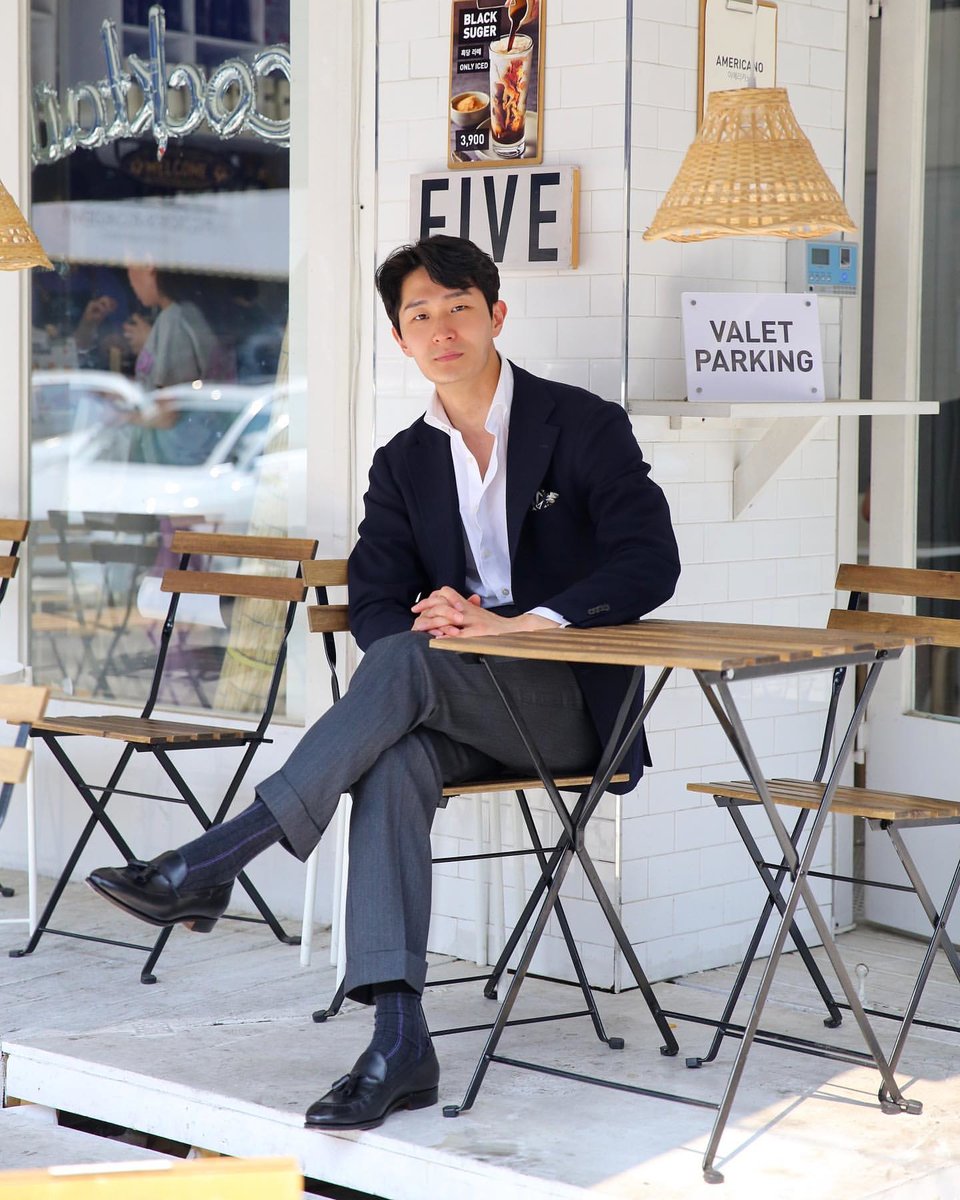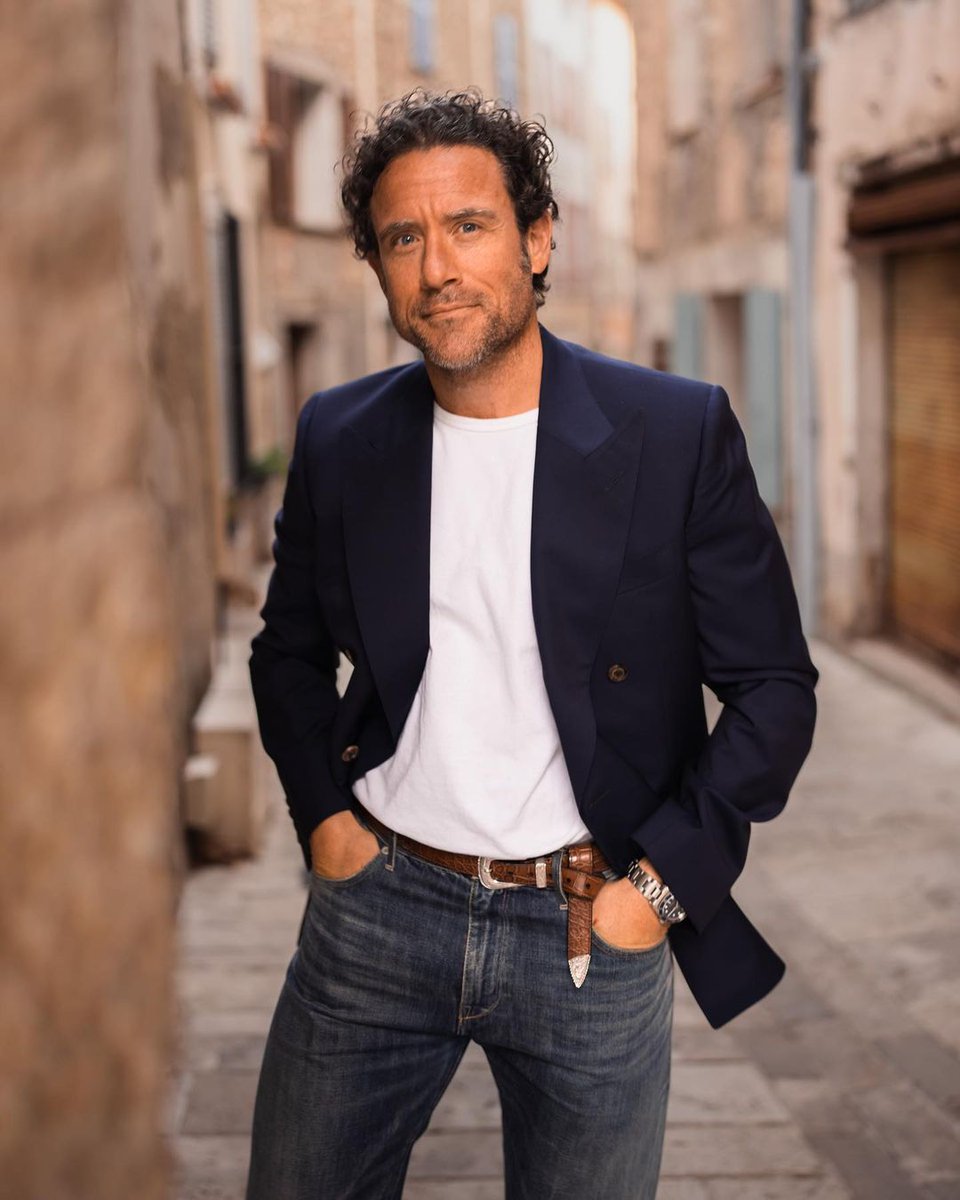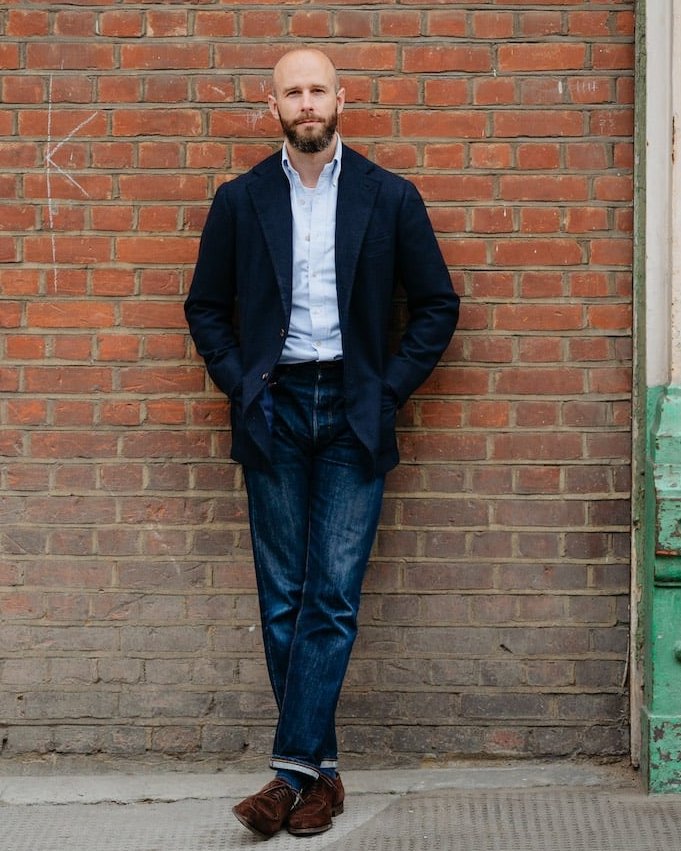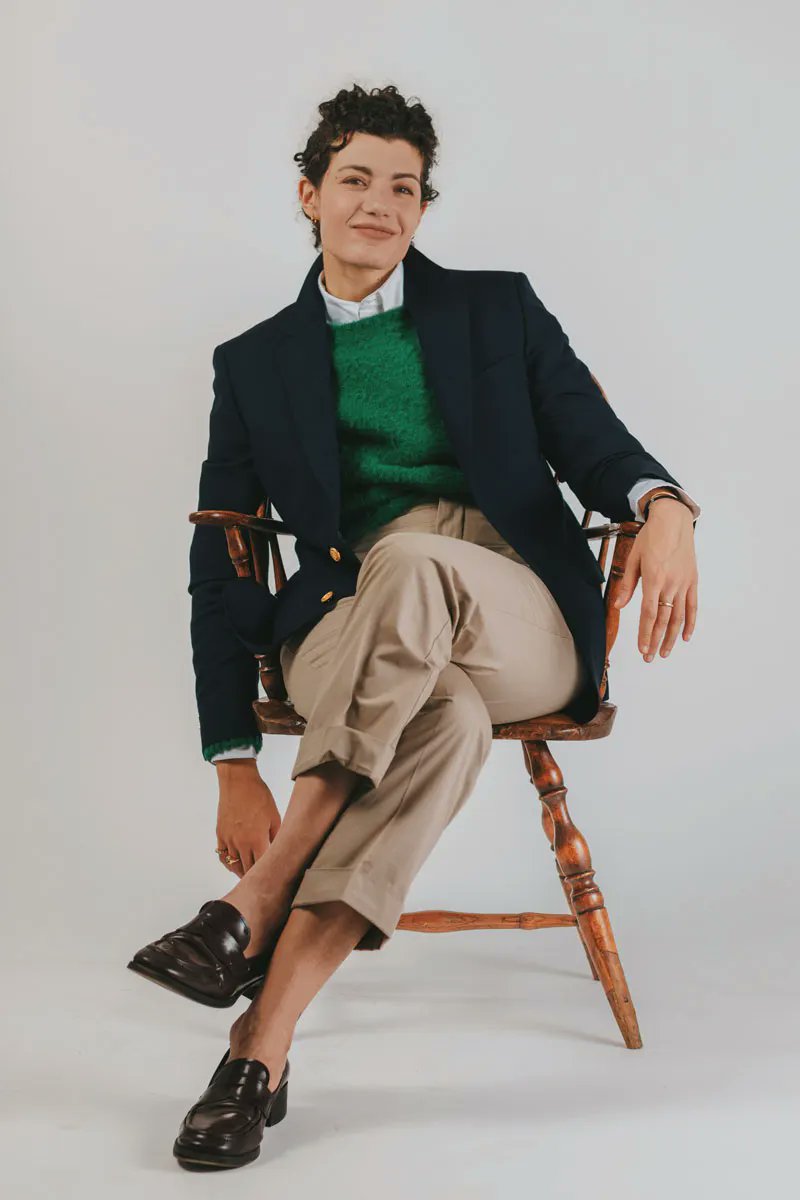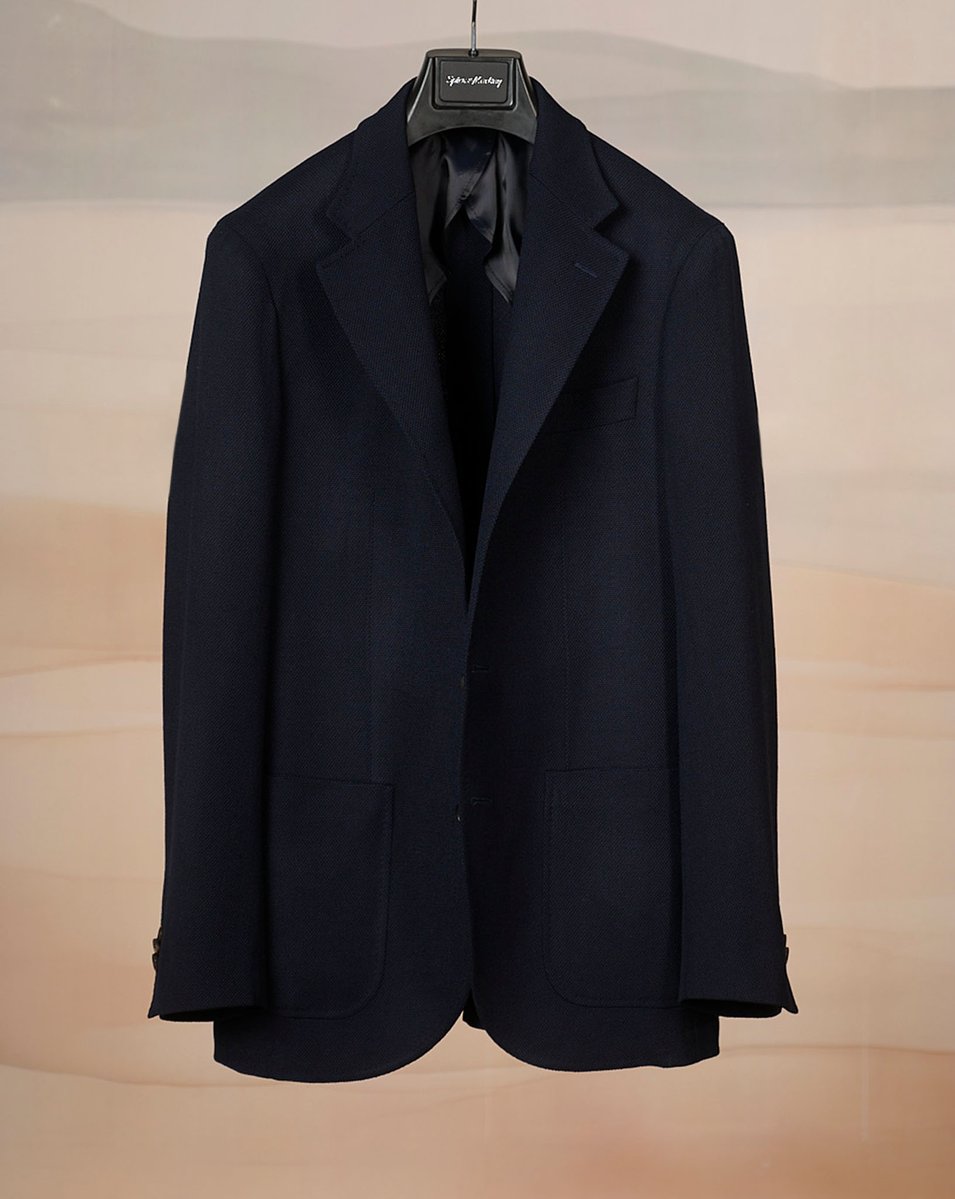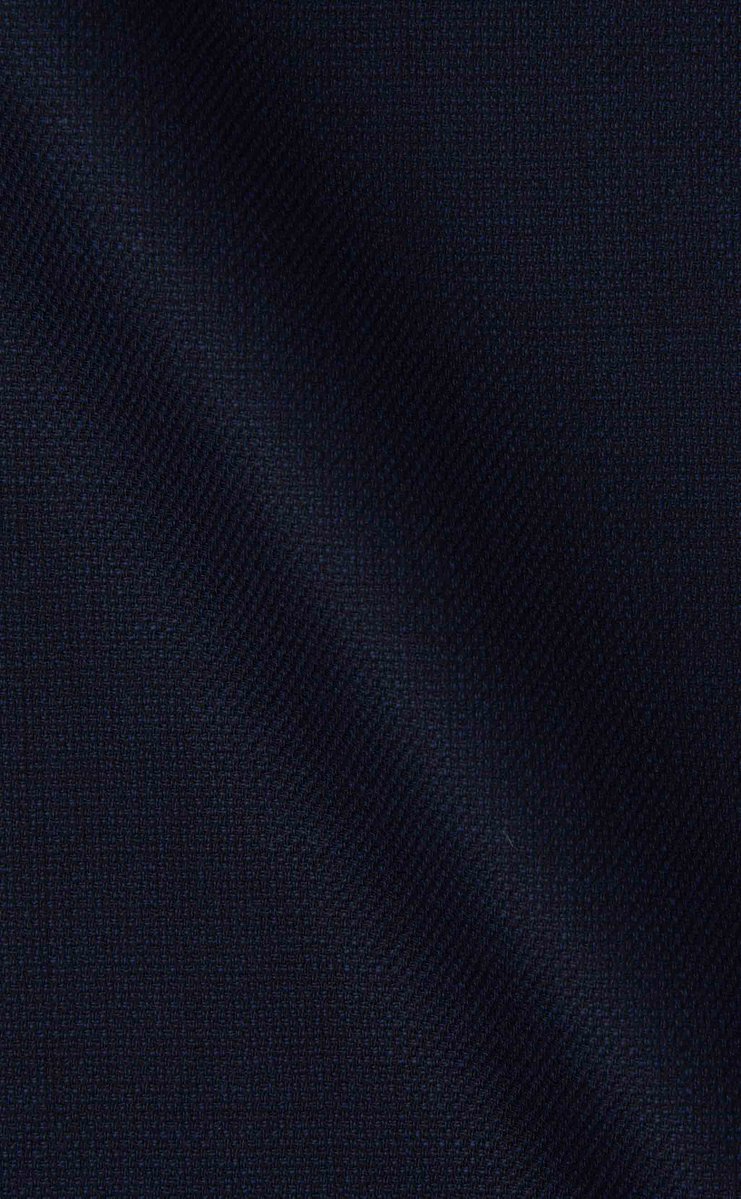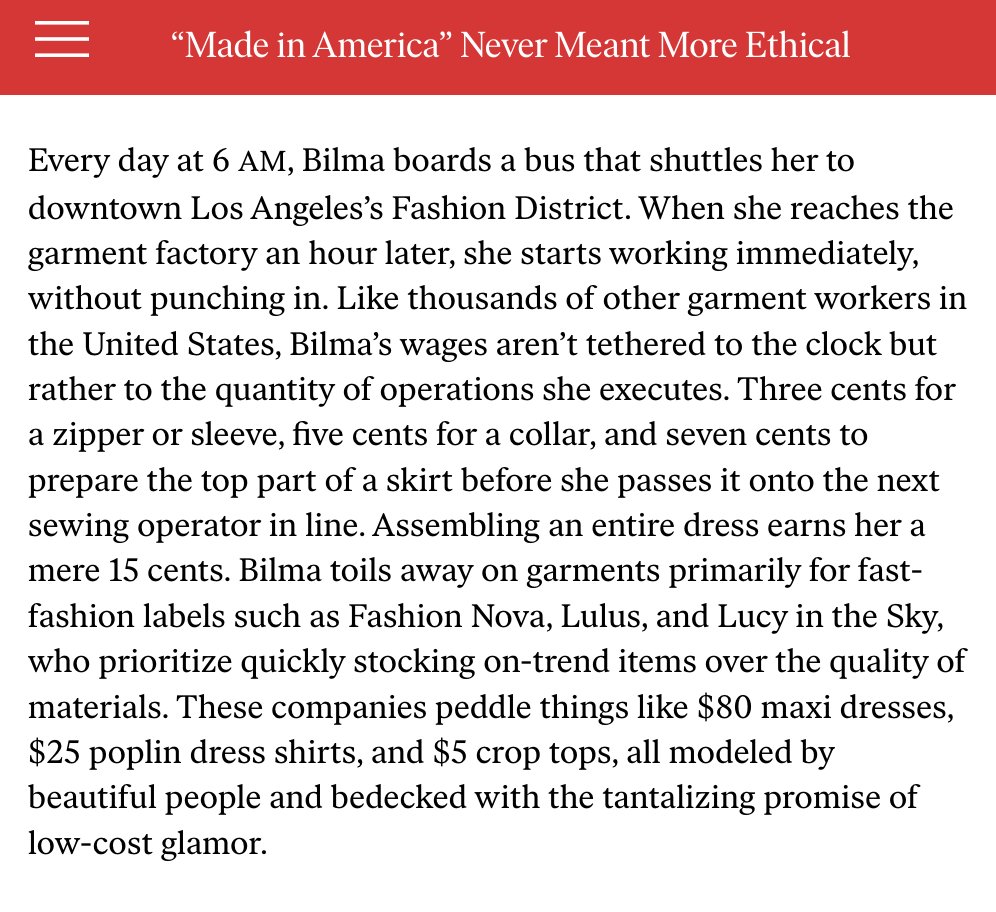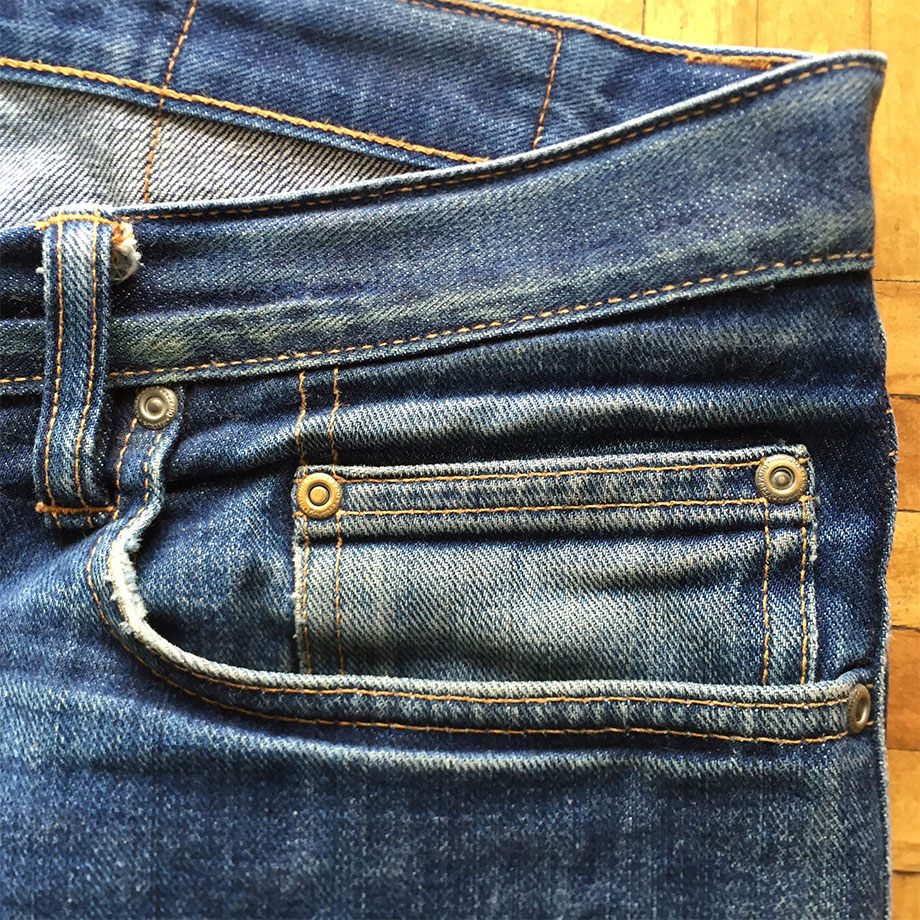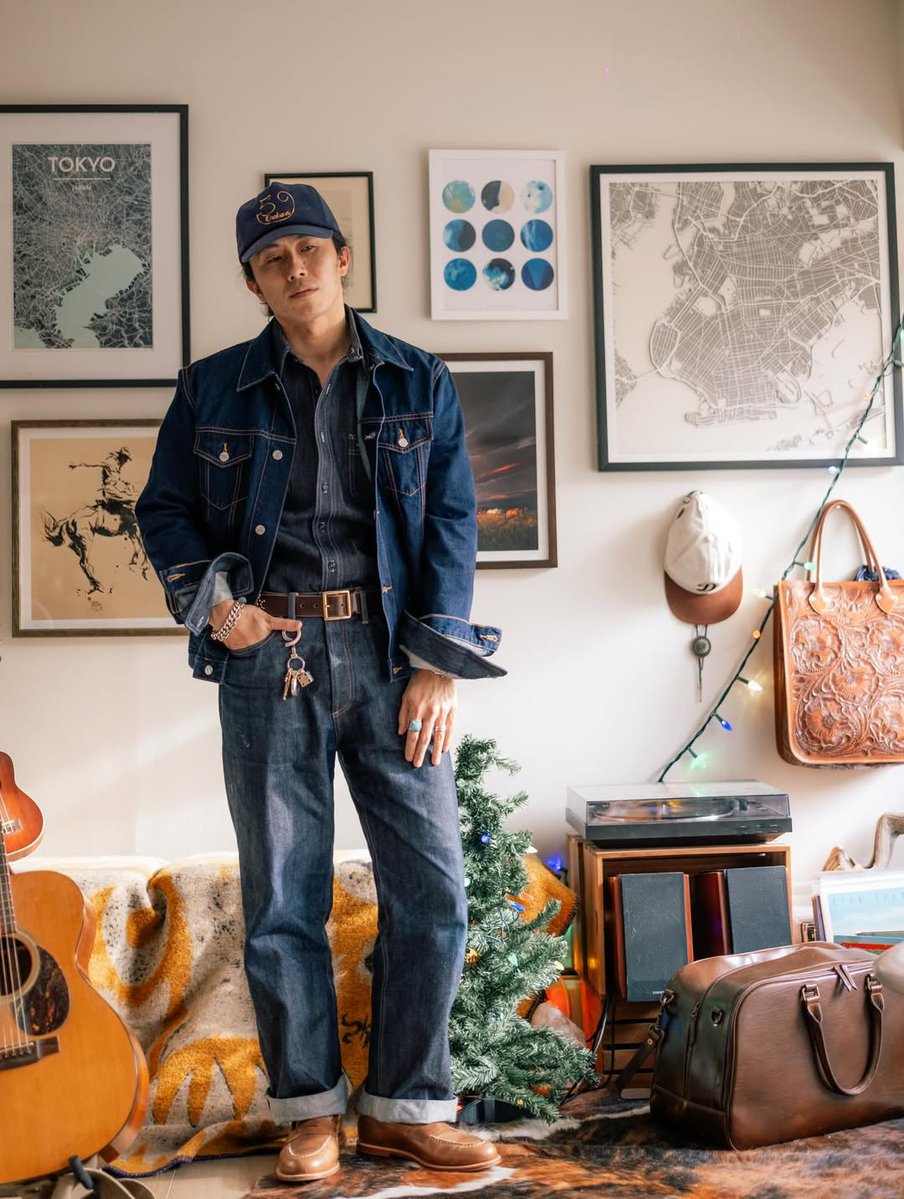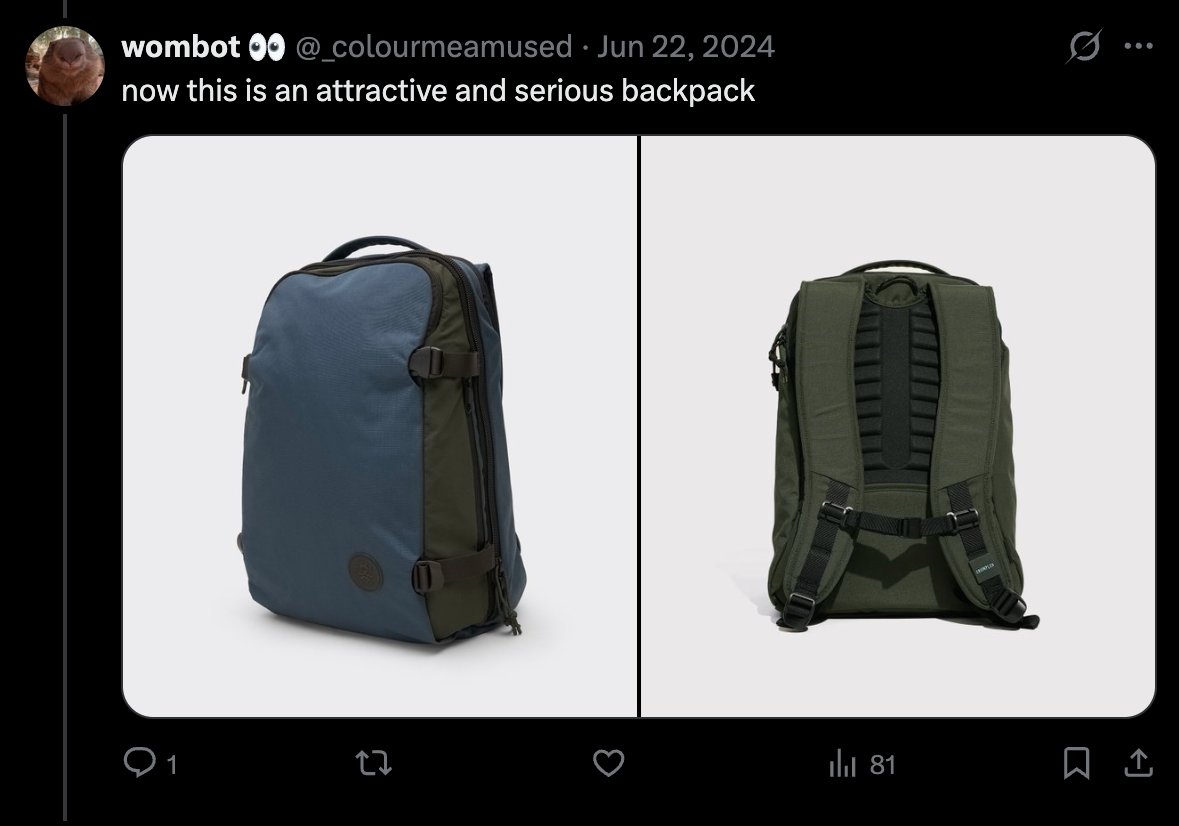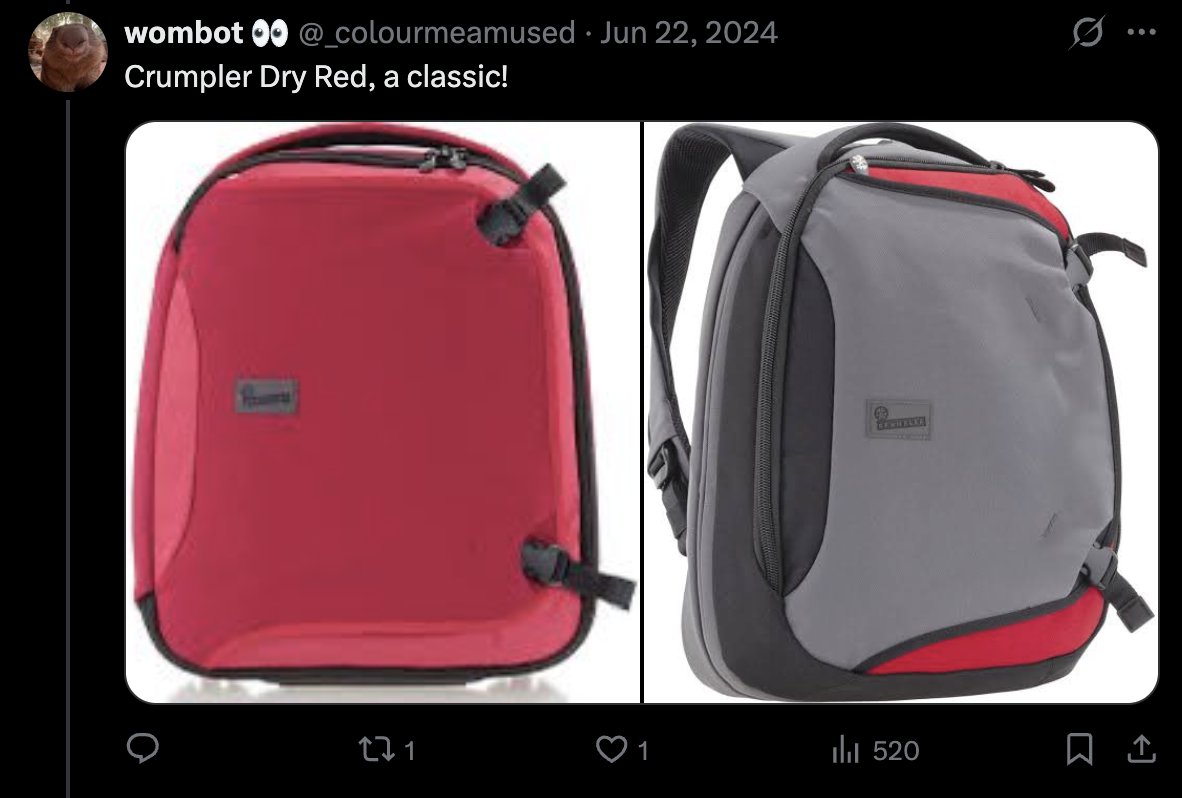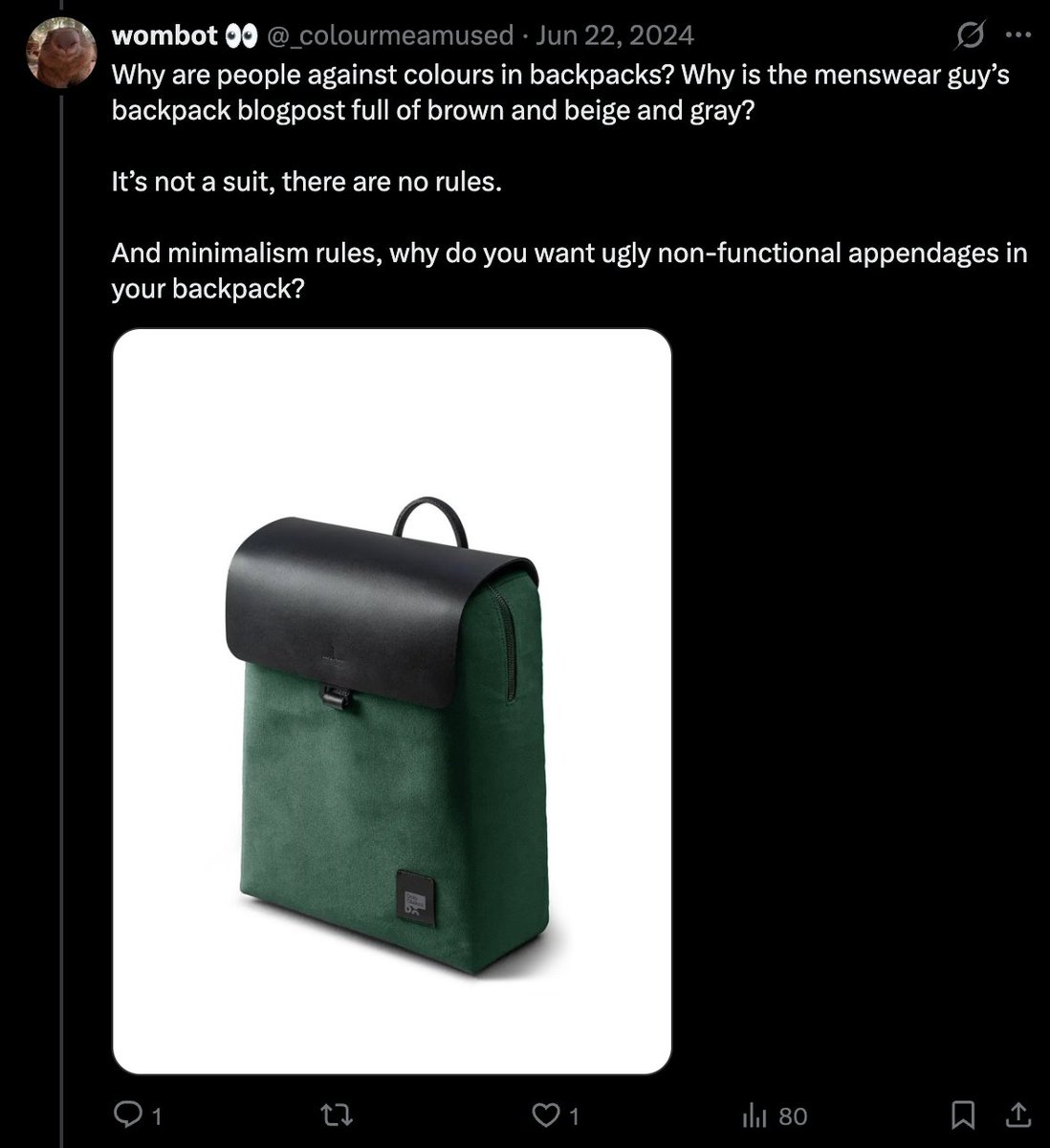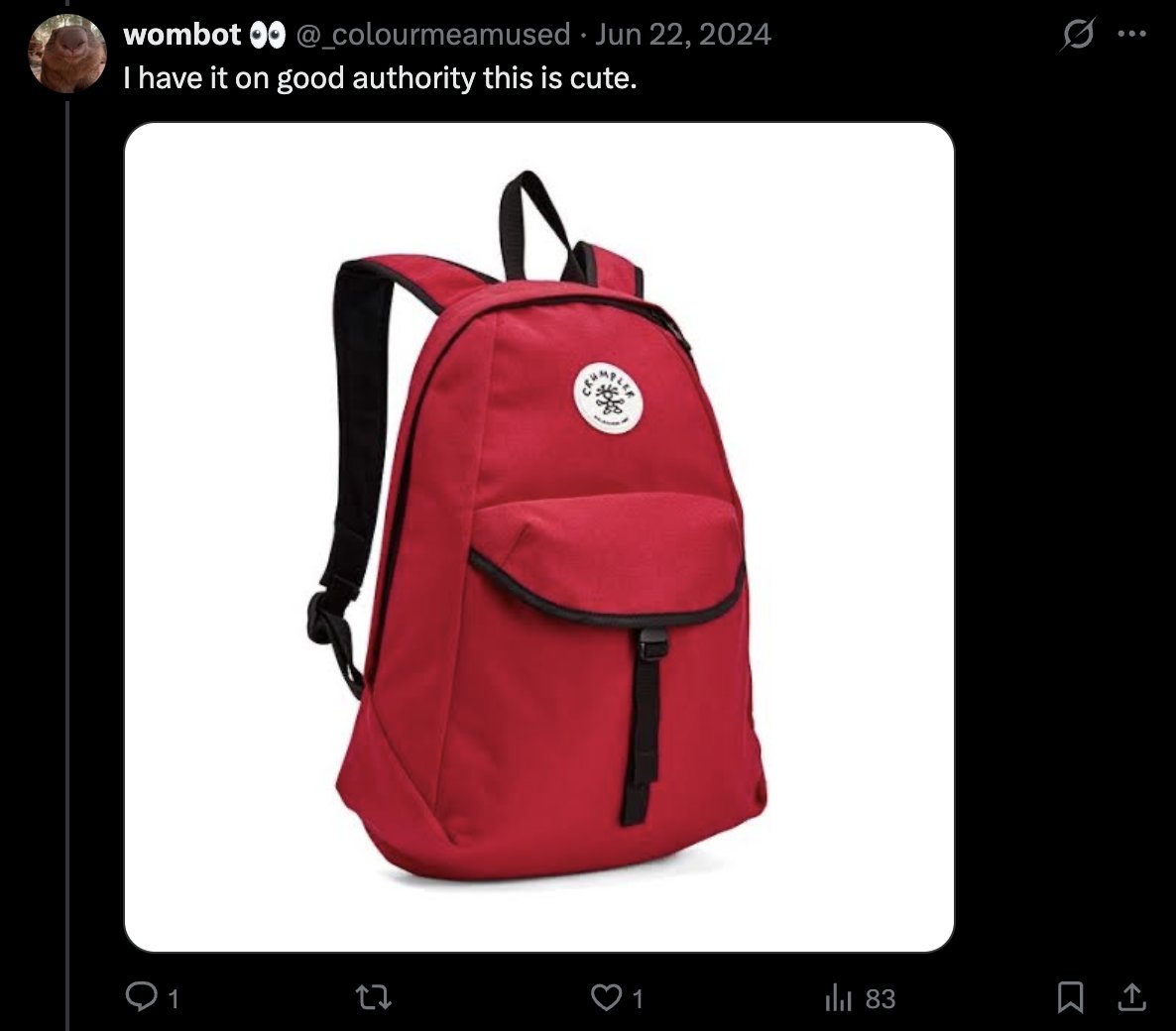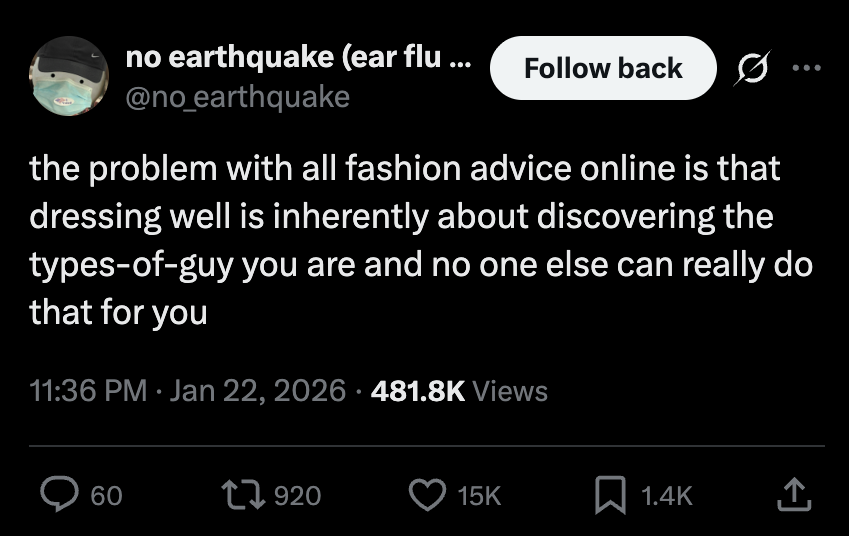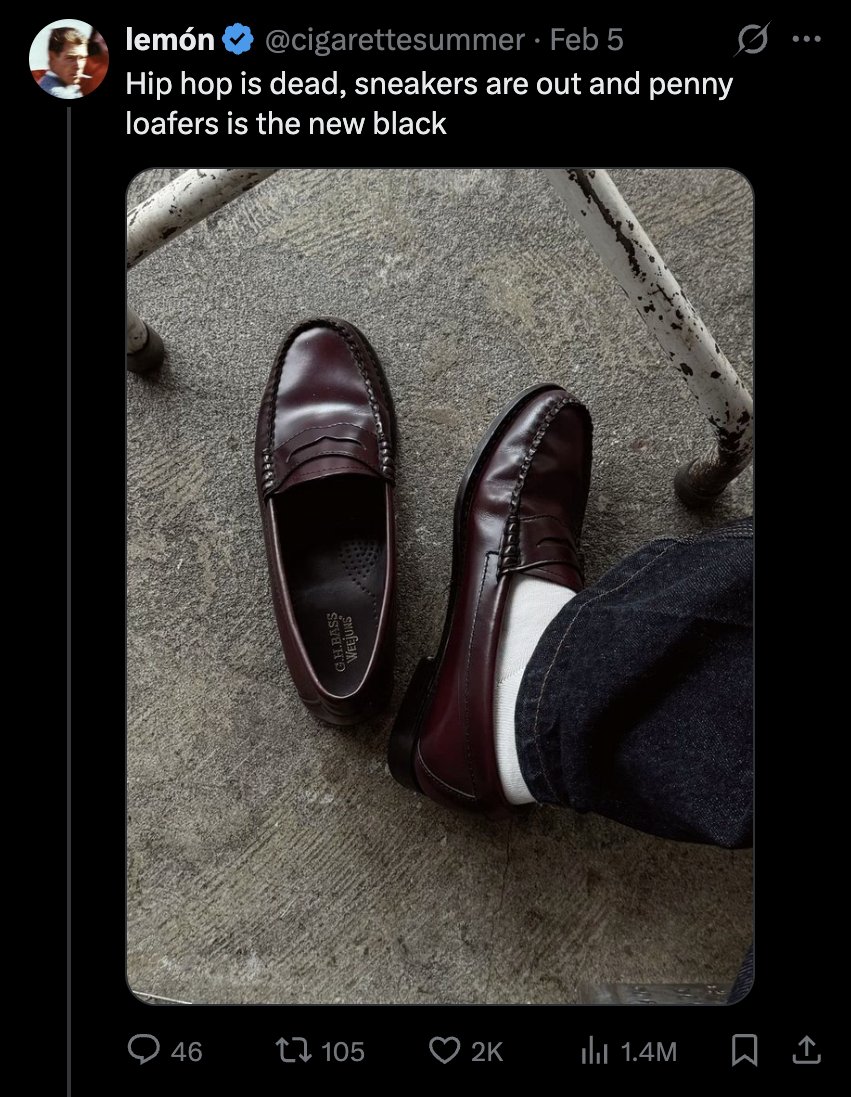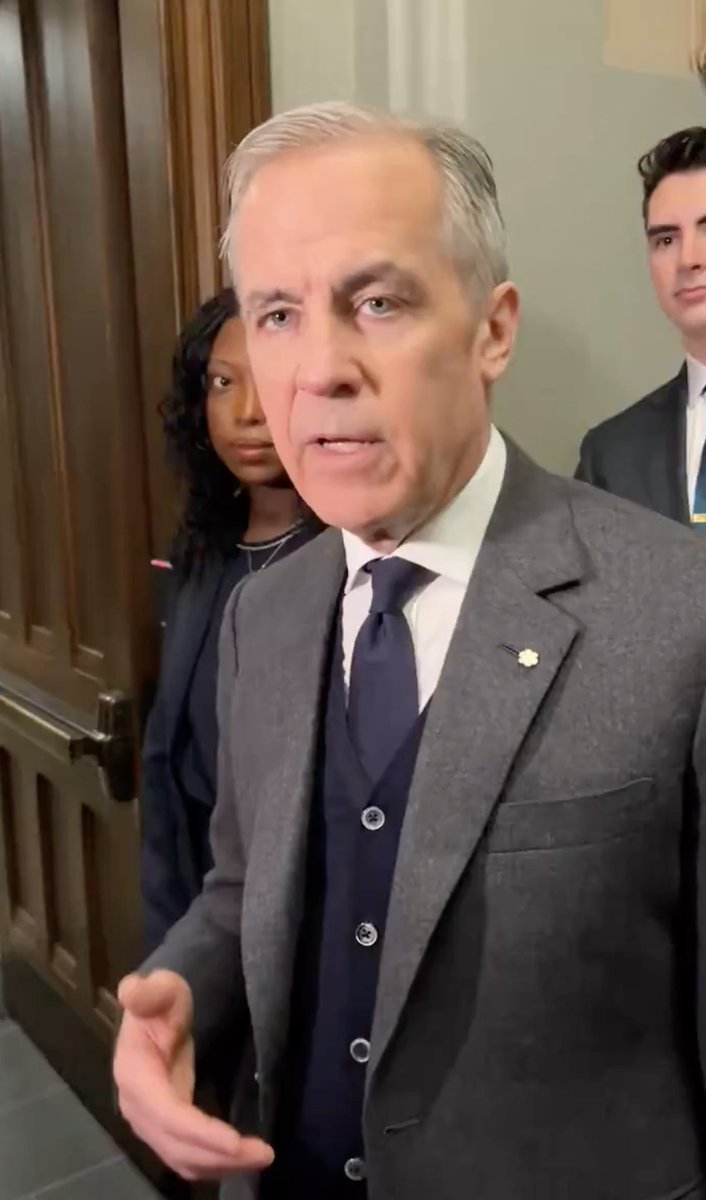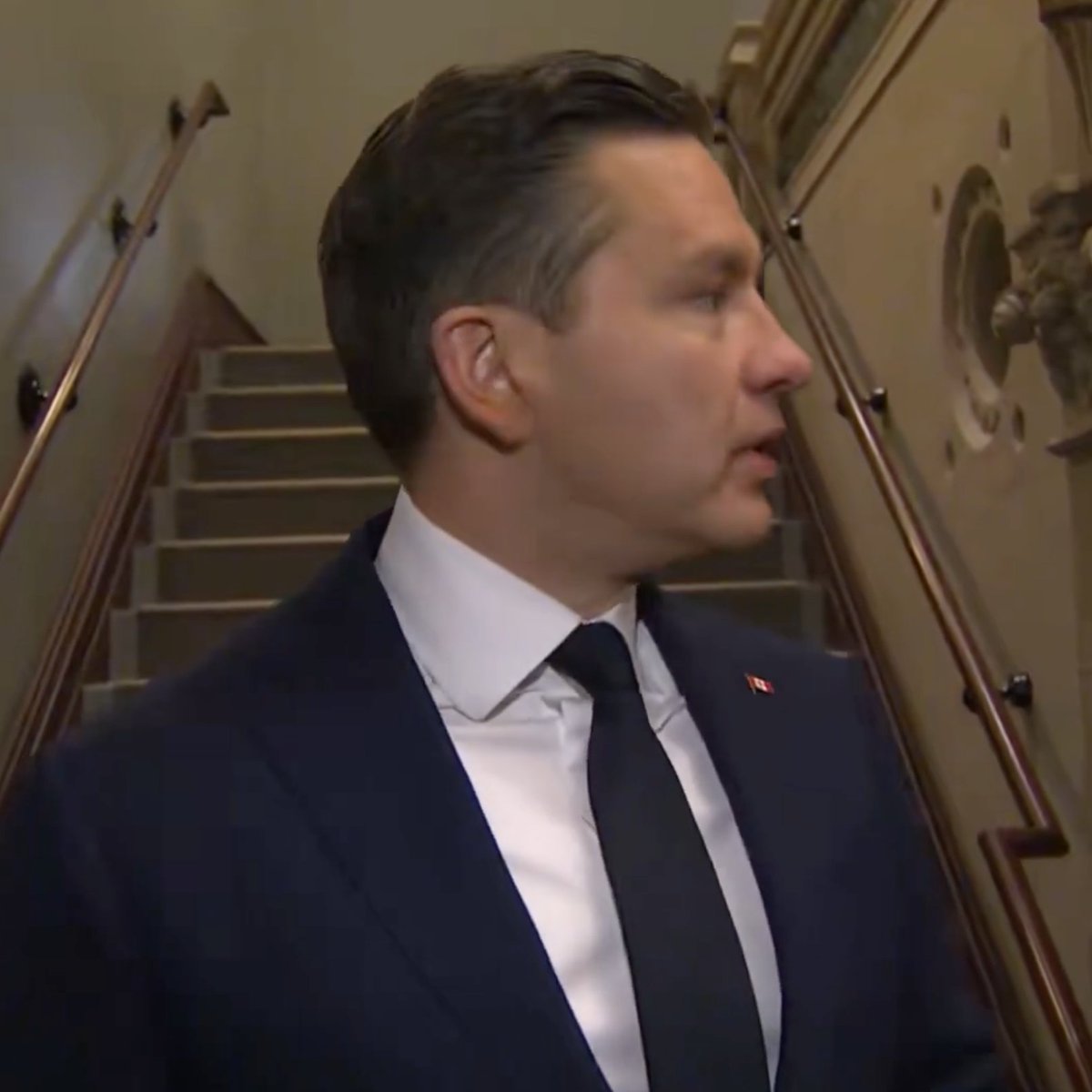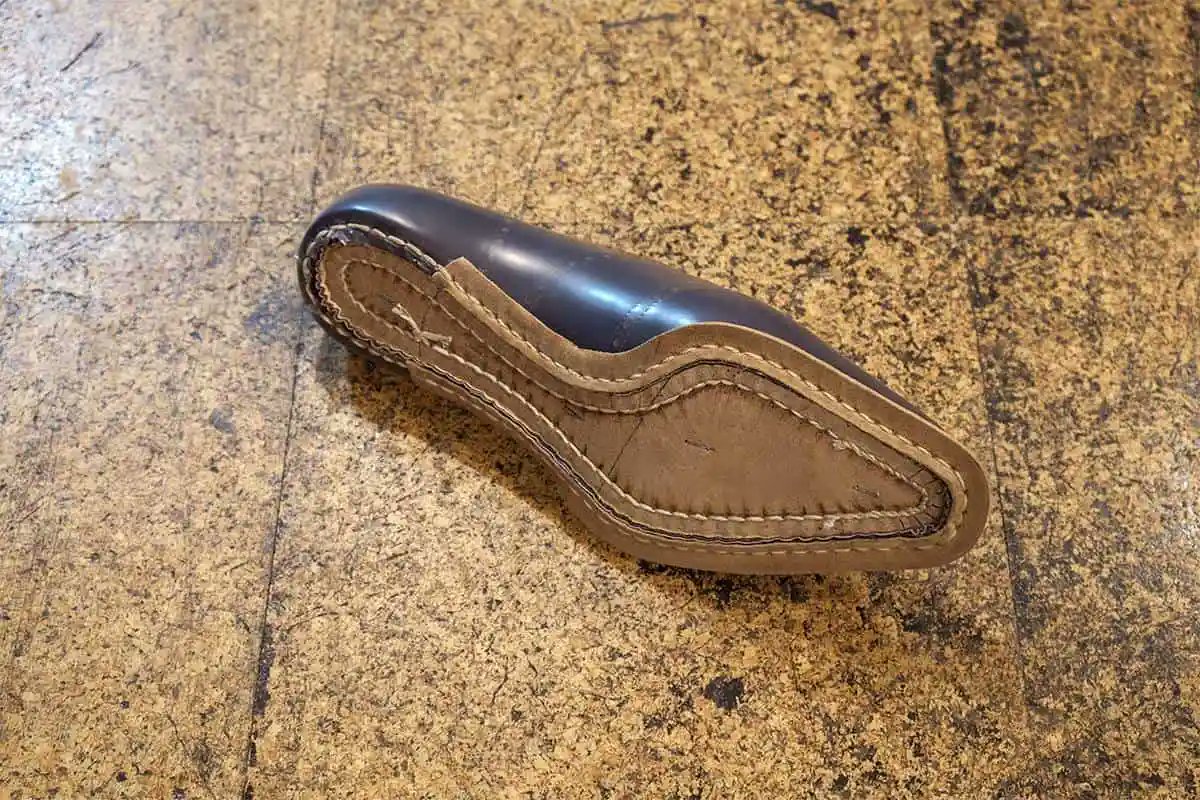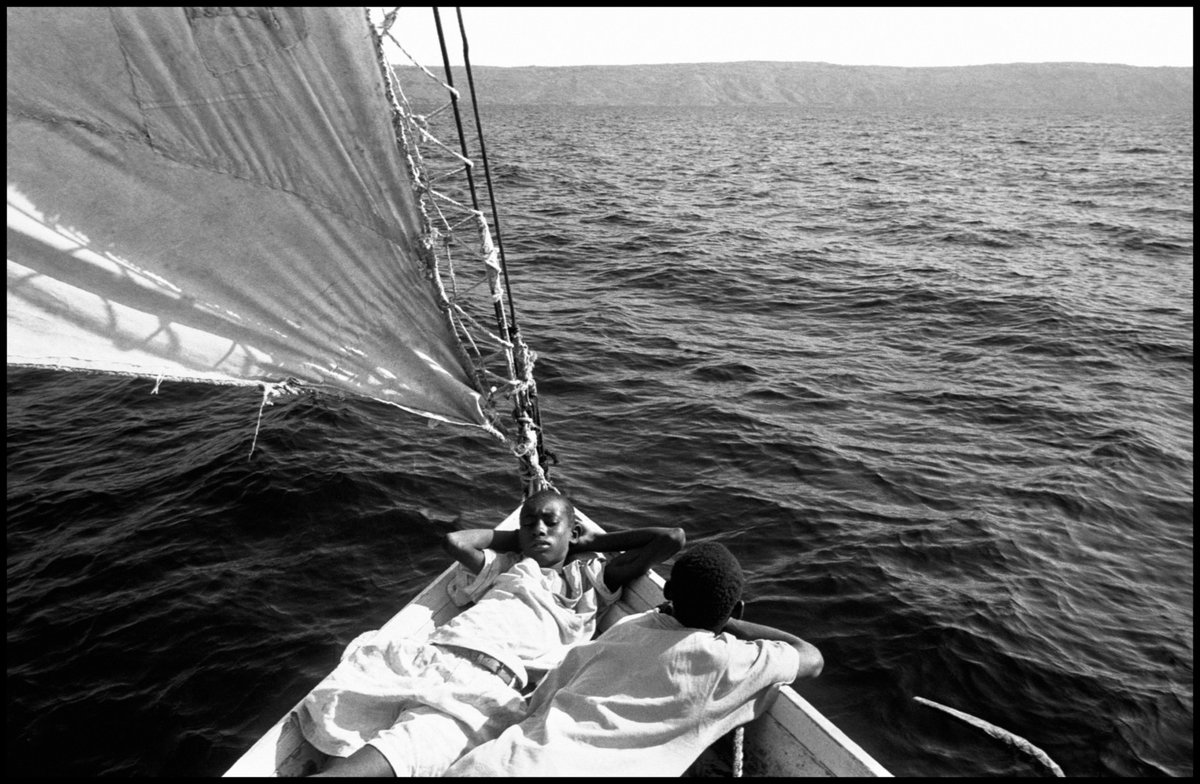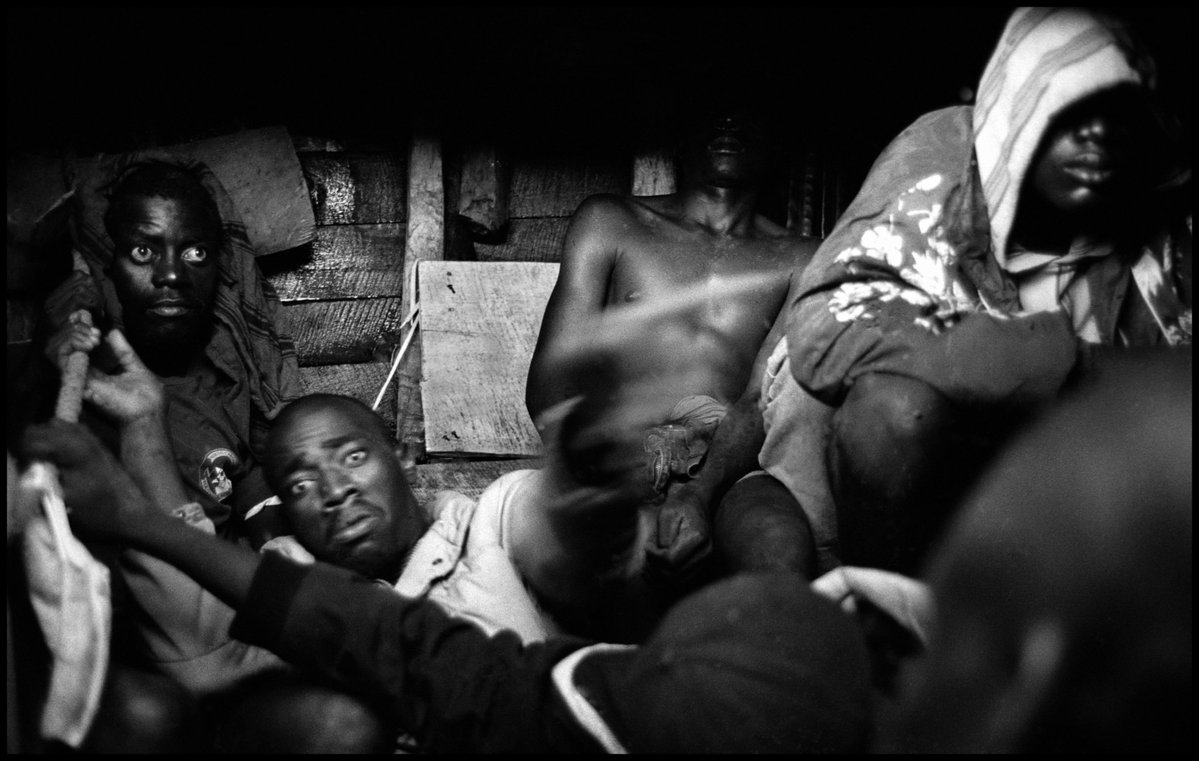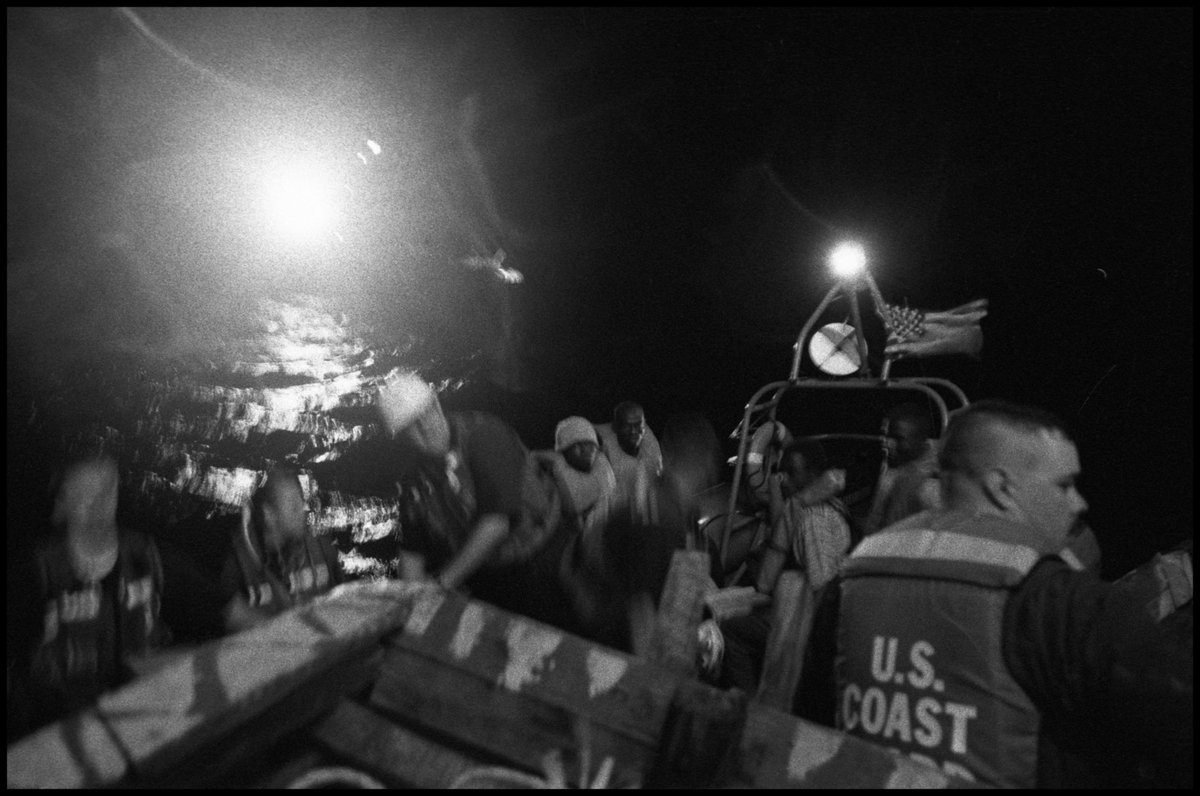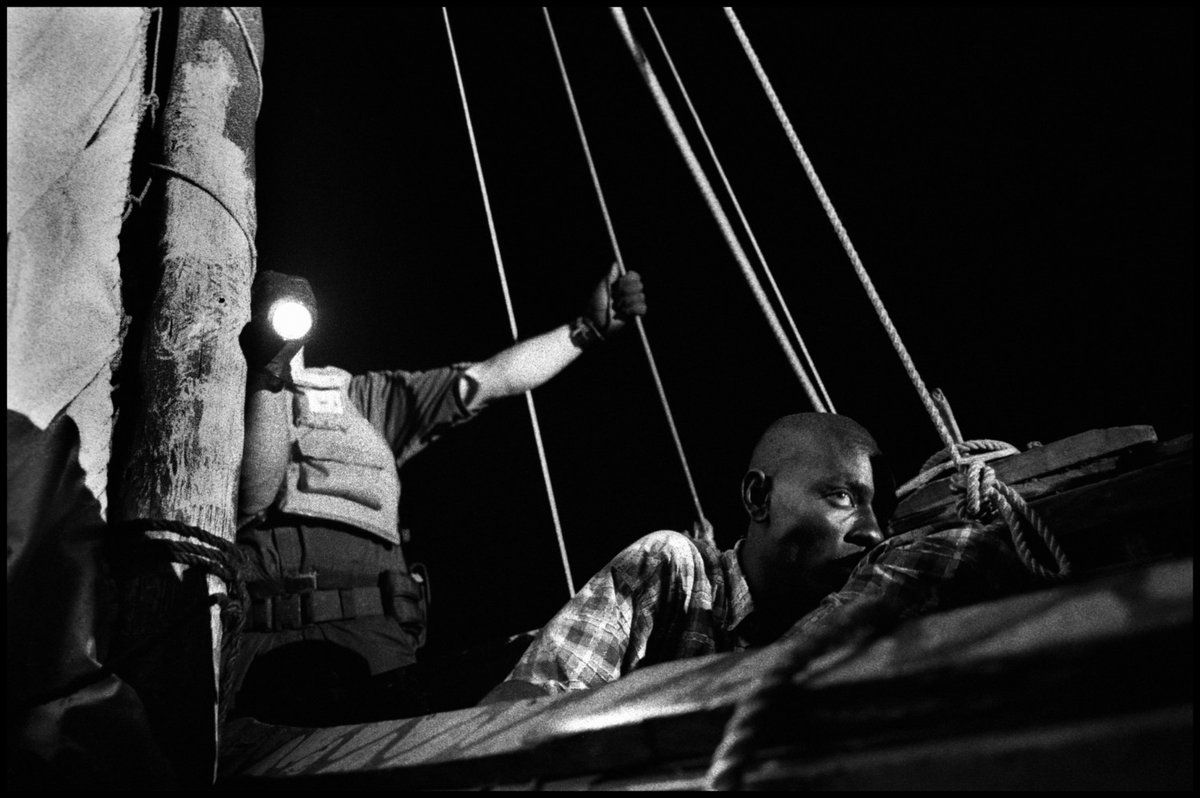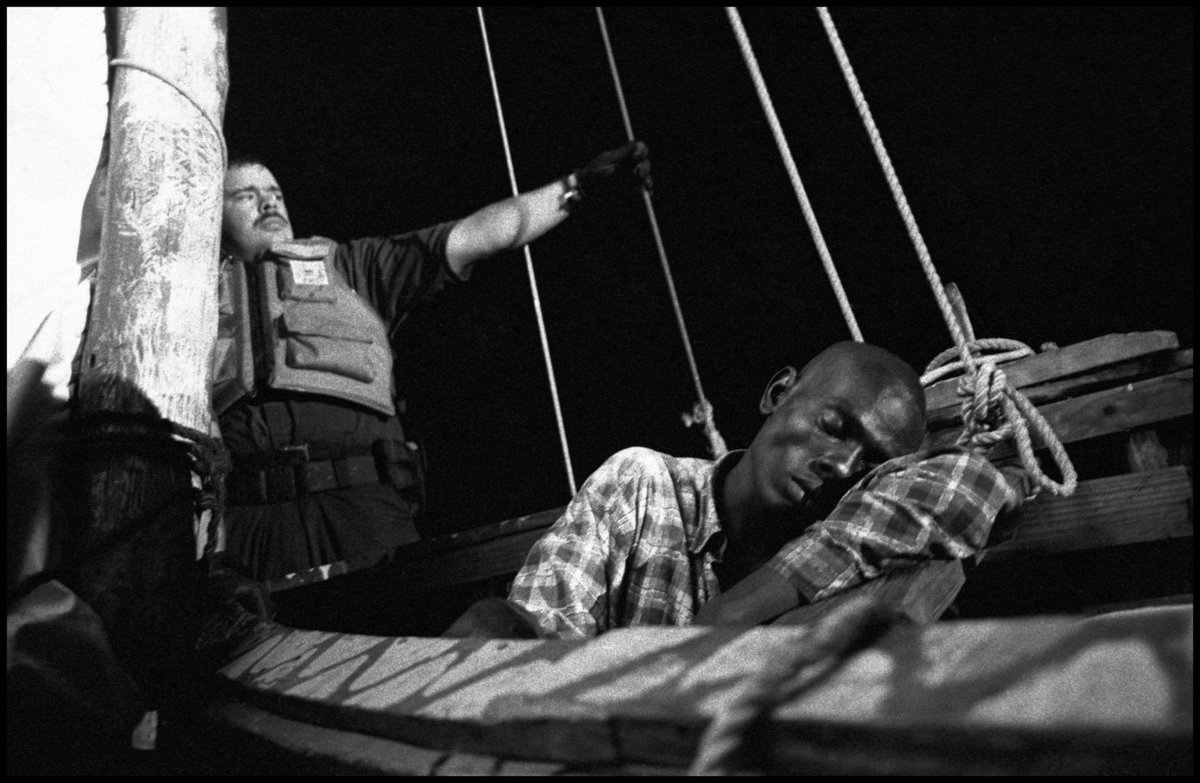There are two sensible ways to choose a fragrance and one bad way. 🧵
https://twitter.com/chriswb71/status/1849212879171379403
The first sensible way is to go to a store that sells fragrances. Spritz some on some test strips and sniff. Of the ones you like, choose two so spray on the inside of your wrist. Walk out and go about your day and see how the fragrance changes over time. 

I personally don't buy the idea that fragrances interact with your "skin chemistry." IMO, this is a marketing gimmick masquerading as pseudo-science that sales associates use to make you feel unique and special. But it is true that a scent changes over time.
This change is broken into three stages: top, heart, and base. Top notes are often very "fresh" (citrusy, aquatic, etc). Basenotes are often things like musk and woods. Heart is your journey between these. As the scent evolves, you'll get to smell these "layers." 

Depending on the concentration of aromatic oils, a fragrance can go through this journey quickly. Cologne has the lowest concentration, so it disappears quickly. I try to only buy eau de toilette (EdT) and eau de perfum (EdP) because they last longer (more sniffs per dollar)
Smelling something at a counter immediately after spritzing it doesn't give you the full picture, as you're often only gettin the fresh top notes. You want to see what's left on your skin as the scent evolves. So choose two and wear them for a day. If you like, buy. Done! 

The other approach is more "hobbyist." Maybe you have a nerdy personality, like me, and want to learn about the subject—smelling different scents, getting a sense of what notes you like, exploring the idea of seasonal fragrances, etc.
If you suspect you're a nerd, then buy Perfumes: The A-Z Guide by Luca Turin and Tania Sanchez. It has some great introductory chapters and tons of perfume reviews, so you can see what they think before sampling something. This can lead you down rabbit holes. 

Claire Vukcevic’s “top ten” guides at Basenotes are also helpful and she has a great fragrance blog called Take One Thing Off. When you sample something, look up the notes at Fragrantica. Try to identify what you like or dislike. Maybe you like the note of rose but hate oud.
As you identify these themes, you'll be more able to home-in on what you like. I've found that I love gourmands, so I'm always interested if there's a vanilla or tonka note somewhere. Speciality shops such as Scent Bar are also be much better than your basic mall stand. 

These shops tend to carry more indie and niche fragrances, where I think perfumers can express a bit more creativity. Some stuff can be pretty weird, but this area can also be very fun!!
I also like Twisted Lily, Ministry of Scent, and ZGO Perfumery.
I also like Twisted Lily, Ministry of Scent, and ZGO Perfumery.
You can join online fragrance communities and forums. There's a pretty vibrant YouTube community where people review perfumes. Luca Turin has a Substack. All of these resources can help you delve into what I think is a very fun hobby adjacent to menswear.
As stated in my original tweet, I think the worse way to choose a fragrance is to choose something that you think will get you laid. Sometimes men use the term "panty droppers" to describe a scent they think will be irresistible to women. This is super corny. 



It also doesn't work. Women pick up on the scents that douchebags wear, and if they detect that on you, they will associate you with that type of unpleasant character. It only makes sense to choose a fragrance that *you* like. Wear what makes you happy. 

Lastly, I strongly suggest trying to get samples before committing a bottle. Scent is very personal. If you're shopping online, Lucky Scent, The Perfumed Court, and Surrender to Chance sell samples. You can also sometimes get samples from a perfumer's website.
I will leave you with this excerpt by Tania Sanchez, which outlines the journey many people take when they find their taste in fragrances. I think it's also true of clothes, fountain pens, and almost any other hobby. 

• • •
Missing some Tweet in this thread? You can try to
force a refresh


